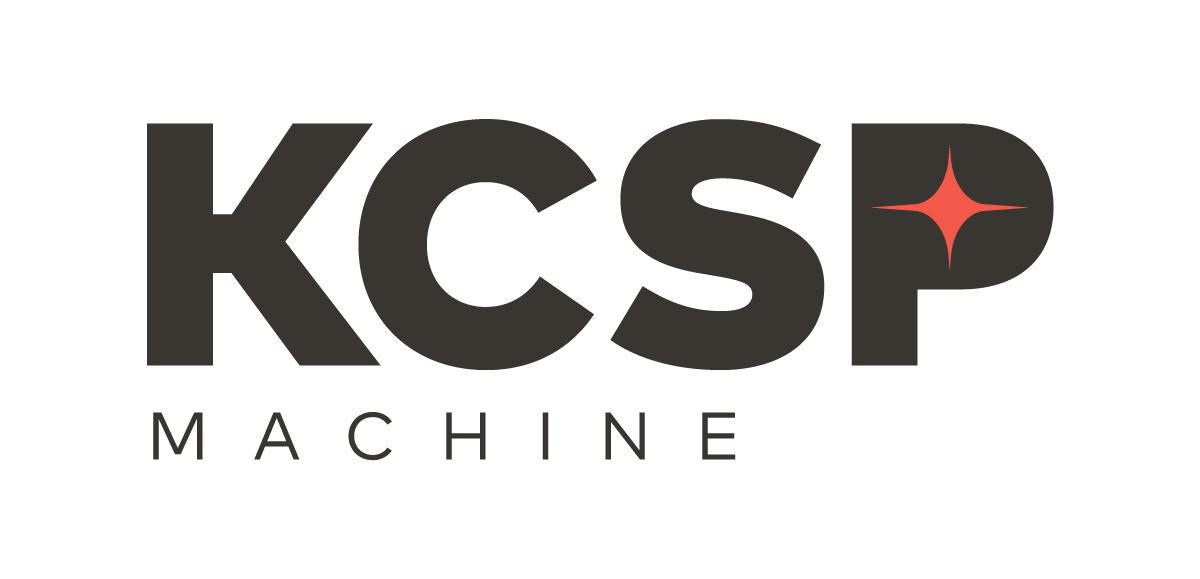Avoid Over-Engineering to Cut Costs: Tips from Our Precision Machining Company
When it comes to precision machining, we’ve seen one challenge come up time and time again: over-engineering. Whether it’s cosmetic details, hyper-tight tolerances, or geometry that’s not feasible for machining, over-complication often leads to higher costs, longer lead times, and unnecessary headaches.
At KCSP Machine, our plant manager, Rob, offers a simple rule of thumb for our customers’ engineers: focus on what really matters. Let’s explore his advice for engineers, buyers, and other procurement teams who want to get better parts, faster, and for less.
Take a Step Back and Consider the End Use
It’s easy to get deep into CAD, chasing perfection. But does every detail truly serve the final function?
We recently produced a component that had engraved letters with such strict requirements that we needed a specialty tool to measure the lettering depth. However, when assembled, the lettering wasn’t even visible. While it ended up being a beautiful part, the precision and artistry of the lettering were unnecessary.
This serves as a friendly and necessary reminder to think about the big picture. In many cases, cosmetic features don’t affect performance; they only drive up cost.
Don’t Assume Every Design Can Be Machined
Our Kansas City machine shop often receives RFQs for precision machined components that simply aren’t feasible with conventional processes. We’ve seen parts that would require intensive 3D printing, or inspection points located on curved surfaces that can’t be measured with real-world tools, for instance.
Even if it can be drawn, that doesn’t mean we can make it or inspect it. That disconnect often comes from designing in CAD without understanding how the part will be produced.
We’re happy to help find alternatives. If something isn’t quite compatible with our services, or if it will drive up costs, we’re happy to suggest a workaround to get you a machinable solution.
Be Clear About What Really Matters
When we get a print, we follow it exactly. That’s our source of truth, after all. So if a part calls for a tolerance of ±0.001”, that’s what we deliver. But if a customer tells us after the fact that a spec isn’t critical, the time and labor invested to achieve that precision have already affected price.
If your team knows certain dimensions are more flexible, be sure to tell us upfront. It could reduce your pricing, lead time, and risk of unnecessary scrap.
We’ve also seen issues when our customers’ tribal knowledge doesn’t make it onto the print. Maybe they’ve been making the part in-house for years, and there were some pieces of information that the shop floor professionals just knew. If you’re sending a part out that you’ve produced in-house, we encourage you to talk to the people on your floor and ask if there’s anything you need to communicate to a CNC machine shop about the part that may not be evident in the print. You might be surprised by what gets uncovered.
Communication Is Key
Our precision machining services are only as good as the information we receive. The more we know, the more efficient the process becomes. If we see a red flag, we’ll always call to clarify. However, if something looks technically correct but isn’t the whole story, we may not catch everything. That’s why we encourage transparency from the very beginning: to avoid any scrambles that might happen after the fact.
We recommend providing clarity on important questions like:
What dimensions are truly critical?
Are there any tolerances that have flexibility?
What’s the history of this part?
Has anything passed inspection before that doesn’t align with the print?
The more details we have, the better we can plan, price, and deliver.
Ready to get started on your next project and get connected with our expert team? Request a quote from KCSP Machine.

